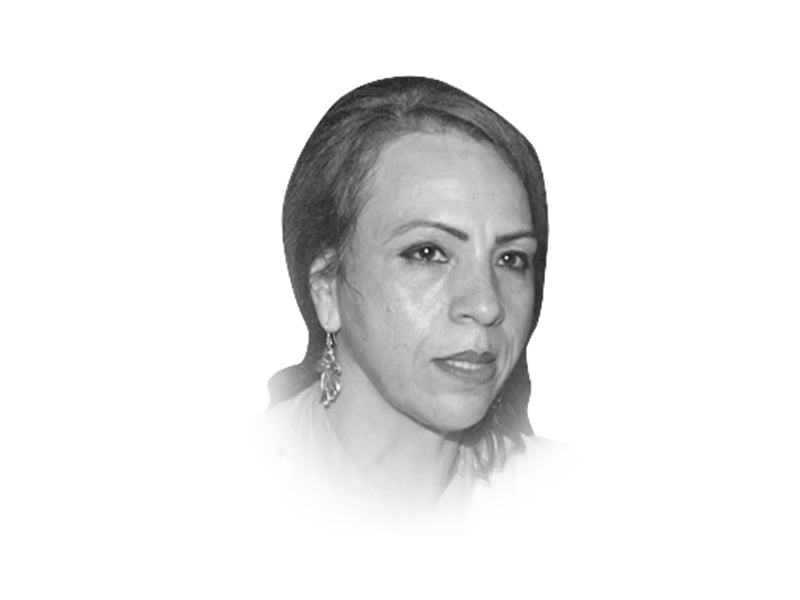
The Kohistan video case, reported in 2012 in the national media, in which four women and two men were condemned to death by a local jirga for clapping and dancing, is a case in point. The media report on the killing of the four women shook the country. The chief justice took suo motu notice of the case. The administration of Khyber-Pakhtunkhwa (K-P) rushed to the area. Two ill-prepared fact-finding missions were sent to the area in a hurry to verify whether the women were alive. The first mission had four representatives of civil society, who met one woman shown in the video, while the second met two more women. I was part of both fact-finding missions.
After meeting the three women, I personally insisted on two points to the Supreme Court, both verbally and in writing. Firstly, I insisted the Court to solicit an expert opinion on the identity of the women by comparing fresh photographs and videos that we submitted to the Court with those shown in the video. I was sure about the identity of Amna, a woman whom we met during the first mission. However, I had some doubts over the identity of Begum and Shirin Jan, whom we met during the second fact-finding mission. Therefore, I requested the Court to get an expert opinion from NADRA to establish the identity of these women. Secondly, I expressed my fear over the safety of the girls and the boys. In view of the local tradition, there was clearly a risk that the girls and boys may be killed later. I made a plea to the Court that the women must be removed from the area and protection should be given to them, as well as the boys and their families.
However, upon hearing that the women were alive, all stakeholders seemed to lose interest in the matter. On January 3, the media reported the killing of three brothers of the boys who were shown dancing in the video, by the Azad Khel tribe. The killing happened despite the guarantee given by the tribal elders of Azad Khel in front of the K-P administration and Information Minister Mian Mohammed Iftikhar that no harm would come to those shown in the video or their families.
It is extremely disturbing that the killing of innocent men has not invoked the kind of public outrage that was displayed when the news about the killing of the women in the video had surfaced. Questions are not being asked about the safety of the women and the boys now. Concerns are not expressed on the symbolic victory of decadent tradition over the law. No one is pointing fingers at the failure and incompetence of the K-P administration to provide protection to the boys’ families. The lack of capacity and will of the civil society to follow up cases of human rights violations is also not being highlighted.
In my view, it is important that we all ensure that justice is done in the Kohistan video case as it has assumed strategic importance. Failure in this case will strengthen local tradition and will give an official licence to local communities to kill men and women in the name of tradition without any fear.
The Supreme Court must take notice of this issue as this is not just a case of murder. It has a cultural context where people are being killed in the name of tradition and criminals are enjoying impunity while violating the law of the land. The Court should order the K-P administration to produce all four women and their protection and safety must be ensured. An immediate arrest of the person who is accused of giving the fatwa, as well as MPA Ismatuallah and the elders of Azad Khel, who had guaranteed that no harm would come to the girls and boys and their families. The murderers must be brought to justice to restore the people’s confidence in the justice system and send a signal to the area that the state is there to protect the lives of its citizens.
Published in The Express Tribune, January 29th, 2013.



1732259077-0/carti-(1)1732259077-0-165x106.webp)








COMMENTS
Comments are moderated and generally will be posted if they are on-topic and not abusive.
For more information, please see our Comments FAQ